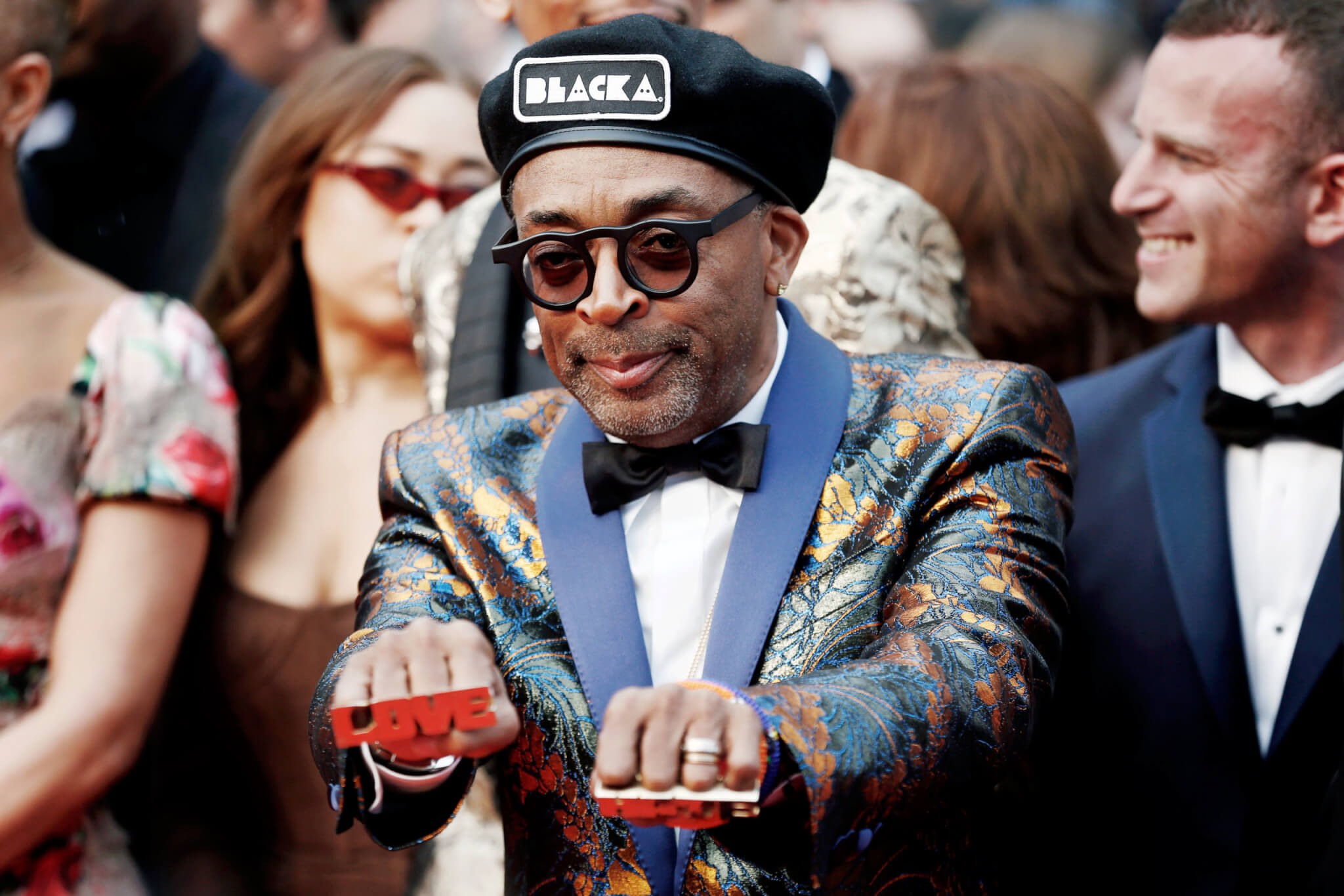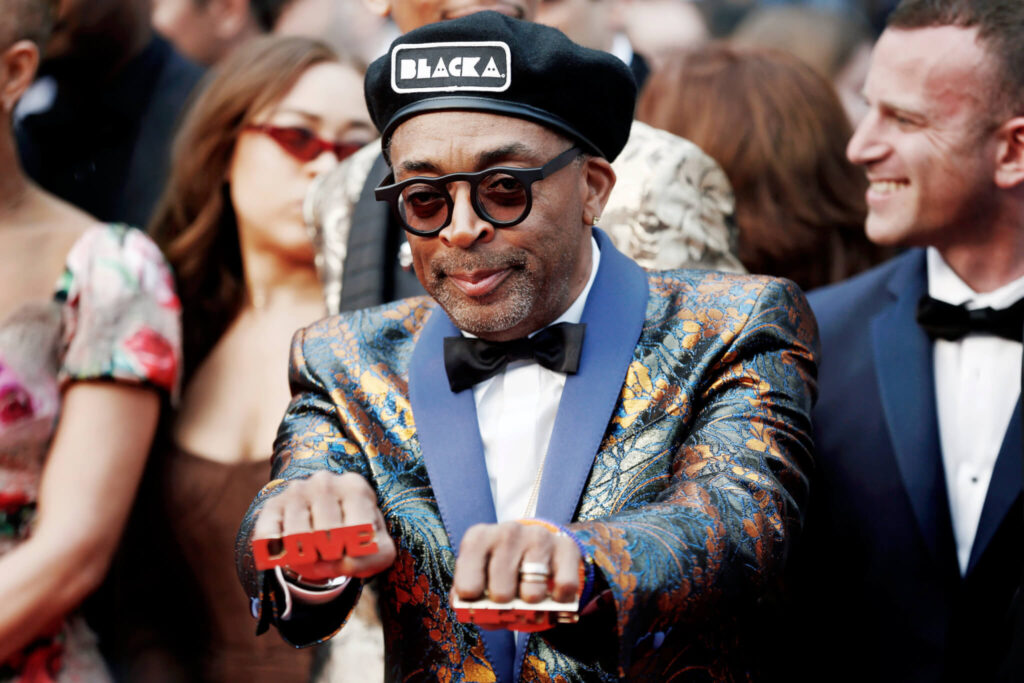
Several months ago, renowned movie director, producer, writer, and college professor Spike Lee sat down with Bloomberg News host Trish Regan to discuss his Kickstarter campaign for the film Da 5 Bloods. The conversation quickly became contentious when Regan opened the segment by attacking Lee’s fundraising efforts, claiming that people wanted him to take down the campaign. Her opening remarks sparked immediate backlash, and Lee did not hesitate to put her in her place, garnering support from fans and critics alike.
Regan, an Emmy-nominated investigative journalist with a robust background at CNBC and NBC, faced criticism for her unprofessionalism during the segment. Many questioned why, given her history covering major economic news and international events, she approached Lee with such hostility. This reaction resonated with audiences who felt that Lee’s contributions to cinema, particularly as a Black director, deserved respect and recognition.
The interview not only upset fans but also fueled a broader conversation about the challenges faced by Black filmmakers in Hollywood. In the wake of Regan’s remarks, many supporters rallied behind Lee, and as a result of the heightened visibility from the interview, there was a surge in contributions to his Kickstarter campaign. Following this, Da 5 Bloods was released on Netflix and received critical acclaim, showcasing Lee’s talent for storytelling and addressing themes of race, war, and friendship.
Backlash and Controversy
The fallout from the interview led to significant backlash against Regan, with many viewers taking to social media to express their outrage. Critics argued that her approach demonstrated a lack of understanding and respect for Lee’s work and the struggles he faces as a Black filmmaker.
This controversy shone a light on the ongoing issues of representation in media and the necessity for journalists to approach subjects with the appropriate depth of understanding, particularly when discussing figures with a significant cultural impact.
The Success of *Da 5 Bloods*.
Despite the rocky interview, Da 5 Bloods went on to perform well, receiving positive reviews from critics and audiences alike. The film, which tells the story of four African American veterans returning to Vietnam to find their fallen leader and recover buried treasure, resonated with viewers, highlighting important social issues and offering a unique perspective on the Vietnam War.
The film’s success not only validated Lee’s approach to storytelling but also reinforced the importance of supporting diverse voices in cinema. In the aftermath of the interview and subsequent film release, discussions surrounding Lee’s Kickstarter campaign and its relevance to independent filmmaking continued to dominate conversations in the media.
A Call for Respect in Journalism
The exchange between Spike Lee and Trish Regan serves as a reminder of the importance of respect in journalism, especially when interviewing artists who have dedicated their lives to their craft. Lee’s experience underscored the complexities of being a Black director in Hollywood and the necessity for thoughtful engagement in discussions about race, culture, and creativity.
As audiences, we must advocate for informed and respectful conversations that honor the contributions of artists like Spike Lee. The backlash against Regan’s approach highlighted the need for journalists to recognize the significance of the subjects they interview, especially in an industry that has seen historically limited representation.

